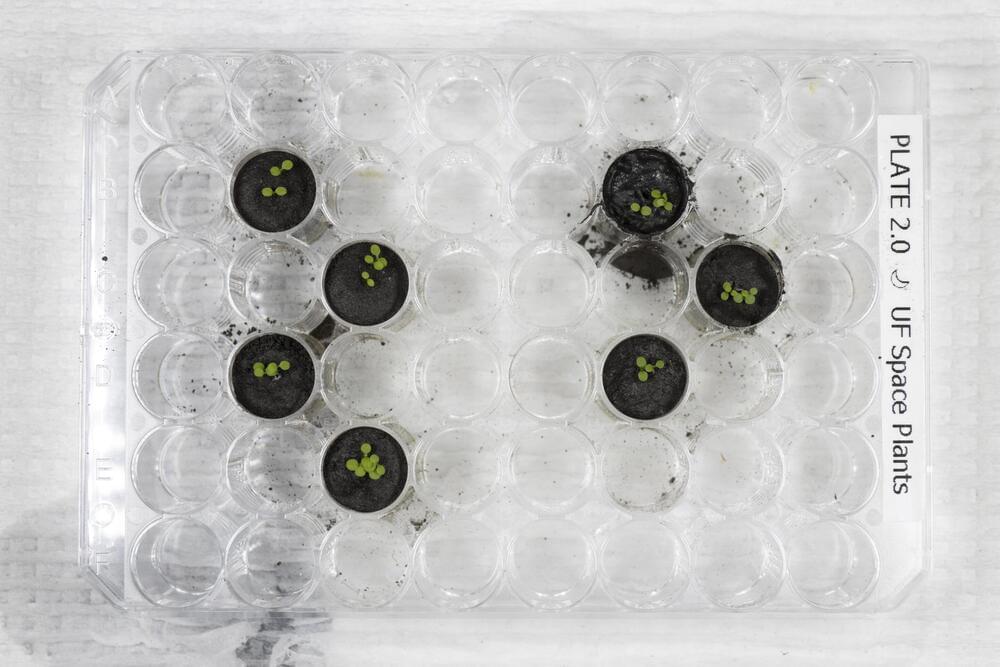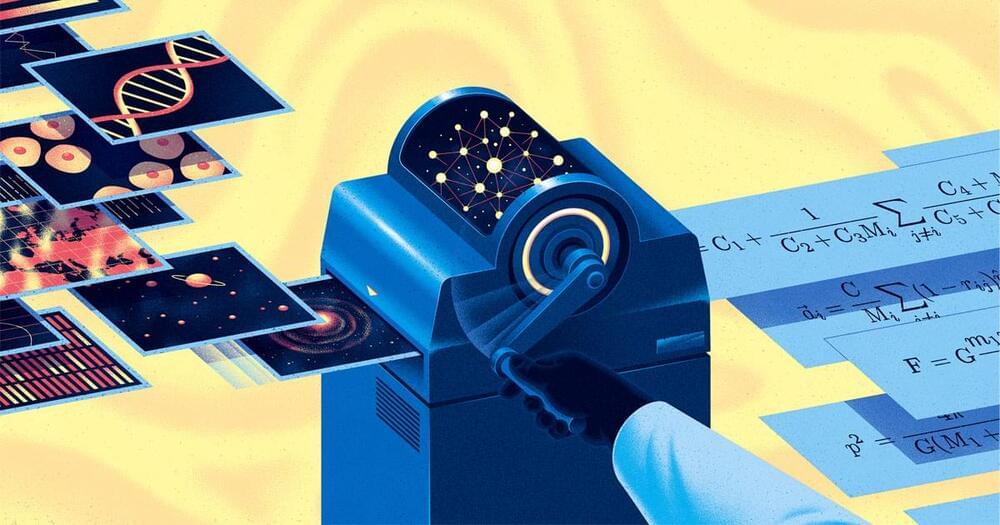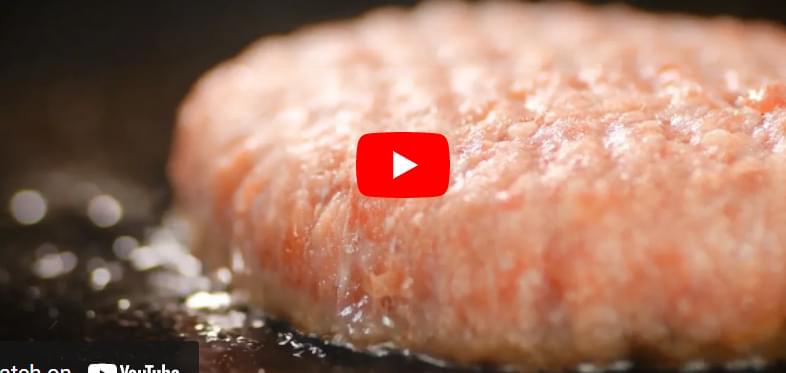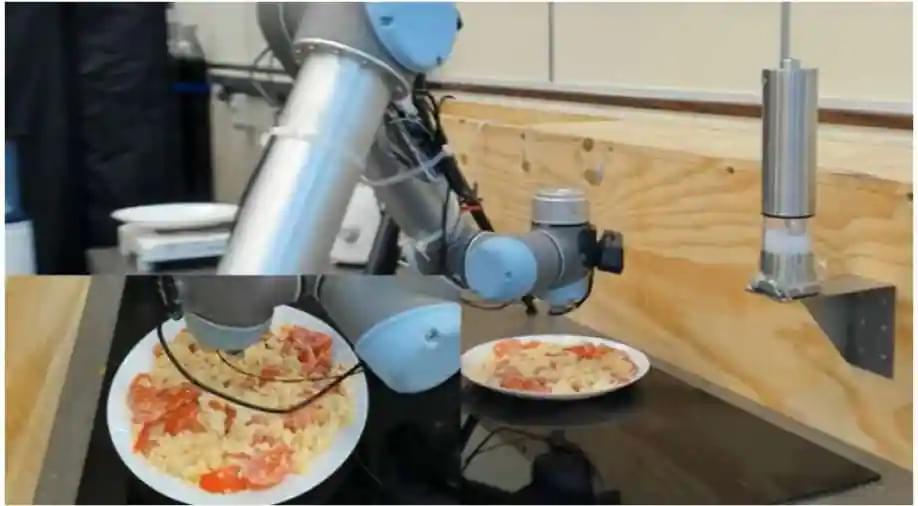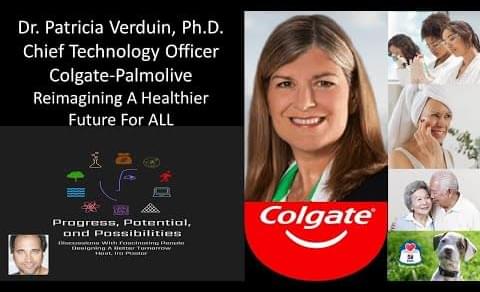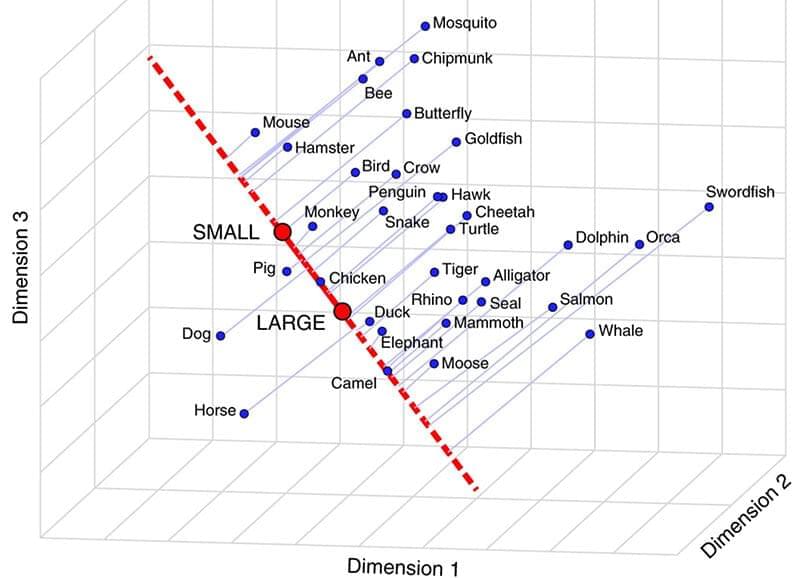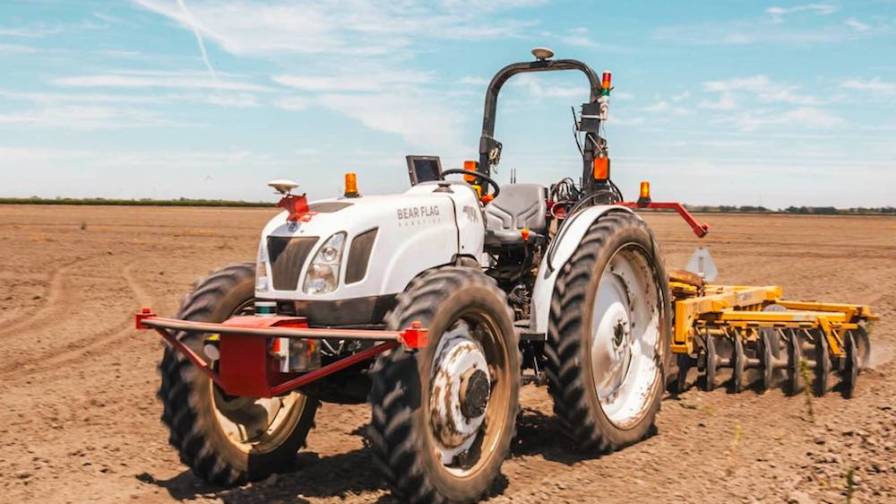May 14, 2022
Scientists have figured out a way to farm metals from plants
Posted by Jose Ruben Rodriguez Fuentes in categories: food, sustainability
According to The Guardian, there’s a team of researchers in northern Greece who have spent the last few years experimenting with ways to harvest metal though agriculture:
In a remote, beautiful field, high in the Pindus mountains in Epirus, they are experimenting with a trio of shrubs known to scientists as “hyperaccumulators”: plants which have evolved the capacity to thrive in naturally metal-rich soils that are toxic to most other kinds of life. They do this by drawing the metal out of the ground and storing it in their leaves and stems, where it can be harvested like any other crop. As well as providing a source for rare metals – in this case nickel, although hyperaccumulators have been found for zinc, aluminium, cadmium and many other metals, including gold – these plants actively benefit the earth by remediating the soil, making it suitable for growing other crops, and by sequestering carbon in their roots. One day, they might supplant more destructive and polluting forms of mining.
Imagine, finding a way to pull minerals out of the Earth … without violent colonization and destructive mining practices. Maybe us lowly humans could learn a thing or two from the flowers!

